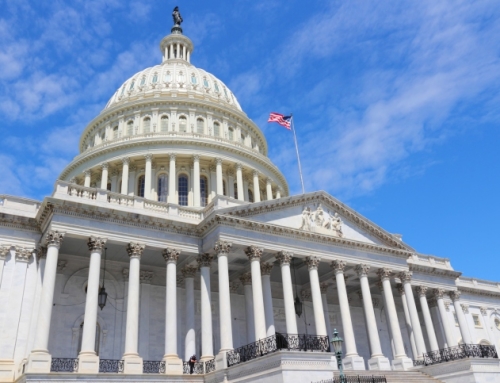It was around the time when Uber burst onto the scene in 2009 that the phrase gig economy first entered the vocabulary, so it’s not surprising that Uber and gig economy seem to be synonymous.
But if the terminology has become common parlance, regulators have taken a great deal longer to find solutions that support and protect workers in the gig economy while allowing innovative and disruptive businesses to flourish.
Finally, after eight years, legislators have moved through the acceptance phase of the Change Curve in terms of their reaction to the regulation of the gig economy, and are finding solutions to the challenges presented by this new world order.
While consumers were quick to adopt services that could be ordered from their mobile phone, workers’ rights groups and legislators reacted with shock and denial, followed by anger directed at seeking to stop or at least force a change in the employment model that typified the gig workers’ engagement by such companies. Acceptance has come at a cost to Uber and many other companies that steadfastly defended their position in courts around the world.
Emerging Legislation
Now, there seems to be a shift toward laws that allow gig economy companies to operate within clear guidelines, and provide freelance workers with a floor of rights to address the inherent lack of security in self-employed work.
Florida and Texas have both adopted laws that permit ride-sharing services provided by “transportation network companies” (TNCs) to operate an independent contractor model on the condition they do so within certain parameters.
On July 1, CS/HB 221 came into effect in Florida standardizing requirements across the state. Known as the “Uber/Lyft” bill, one of its main objectives is to ensure the safety of those using ride-sharing services provided by TNCs (defined as entities using a digital network to connect a rider to a driver to provide prearranged rides). The bill requires TNCs to carry minimum insurance, carry out background checks on drivers and to operate a zero-tolerance policy on drug and alcohol use for drivers.
However, one of the most significant elements of the bill in Florida, and a similar law in Texas that went into effect in May, is they provide clarity as to the employment status of drivers. The laws provide that TNC drivers are independent contractors and not employees if the following requirements are met:
- The TNC cannot unilaterally prescribe specific hours during which drivers should be logged into the digital network;
- The TNC must permit drivers to work for other ride-sharing services;
- The TNC must allow drivers to engage in any other occupation or business they desire; and
- The TNC and driver must agree in writing that the driver is an independent contractor.
The benefit of these laws to the ride-sharing companies is immense. The certainty that drivers will be regarded as independent contractors in these states, if the TNCs follow some simple rules, allows them to avoid the multi-million dollar lawsuits that have dogged companies such as Uber and Lyft across the US, and worldwide.
Other legislative bodies have taken a different approach by providing a floor of rights for freelance workers. New York City’s Freelance Isn’t Free Act (FIFA), effective as of May 15, requires parties that retain “freelance workers” to provide services to the value of USD 800 or more, to reduce their agreement to a written contract. If no payment due date is indicated in the contract, the hiring party must pay the freelance worker within 30 days of completion of the services. A hiring party is also prohibited from threatening, intimidating, disciplining, harassing, denying a work opportunity, or discriminating against a freelance worker who exercises his or her rights under FIFA.
At federal level, a bill was introduced into the Senate in May to promote innovative ways to offer portable benefits to workers in the on-demand economy. The Portable Benefits for Independent Workers Pilot Program Act would direct the Labor Secretary to provide $20 million in grants to states, local governments, or nonprofit organizations that analyze and/or design the means and methods of delivering employment benefits that independent workers can maintain as they move between jobs.
The bill applies to “any worker who is not a traditional full-time employee of the entity hiring the worker for the eligible work, including any independent contractor, contract worker, self-employed individual, freelance worker, temporary worker, or contingent worker.” The benefits that would be covered include protections that are commonly provided to traditional full-time employees, such as workers’ compensation, skills training, disability coverage, health insurance coverage, retirement saving, income security and short-term saving.
Meanwhile, an independent review of the gig economy was just completed in the UK. Commissioned by Prime Minister Teresa May last year, the findings call for a change in the classification of a worker to a “dependent contractor,” among other findings. Read more about the findings in our sister publication.
The emerging laws in the US, and the review in the UK, serve as recognition that the gig economy is here to stay and that the full-time employment model is no longer a preferred choice for many workers.









